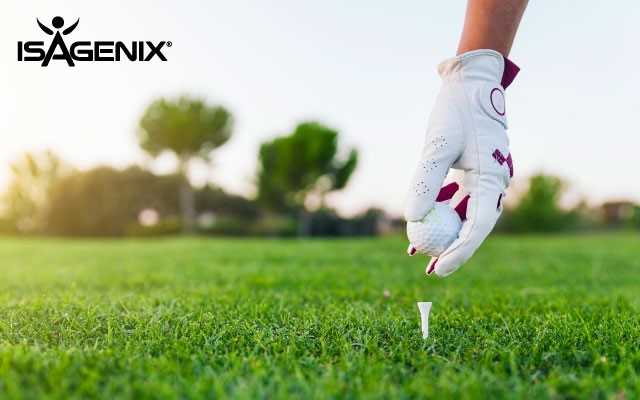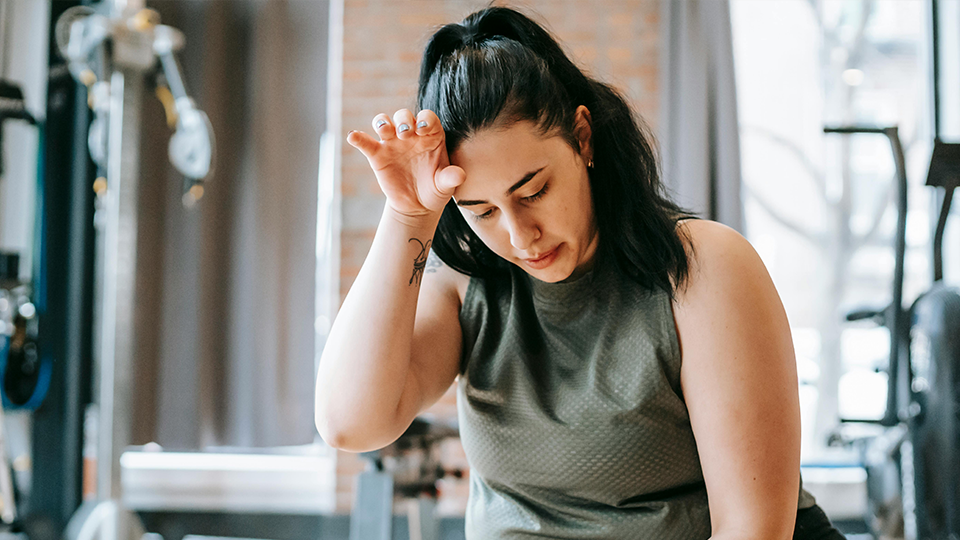Whether it’s an energy or espresso shot, a steaming cup of coffee, or the recently popular cold brew, they all have one thing in common – the right amount of caffeine to get individuals up and running for the day.
But for competitive golfers and other types of athletes whose sport demands consistent bouts of intense concentration and focus, the caffeine craze may also be a plausible way to tap into the mental energy reserves needed for sustained performance.
A study performed by researchers at Auburn University suggests that controlled amounts of caffeine may help reduce the number of strokes needed to drive the ball and brush away lethargy golfers may experience.
Competitive golf, like any other sport, is physically and mentally tiresome. Starting from the teeing ground, golfers typically make their way around an 18-hole course; they walk long distances, sometimes in hot humid weather, as they travel between holes to complete one round of golf. In addition, golf is the only sport that is played with a stationary object. Therefore, it requires an immense amount of concentration, focus, and decision-making skills to hit the perfect shot.
To test how caffeine may affect a golfer’s game, researchers studied 12 male golfers between the ages of 20 and 55 and randomly assigned them to either a caffeine-containing supplement or a non-caffeinated placebo group. Over two consecutive days, the participants played a 36-hole tournament, 18 holes per day.
Two hours prior to the tournament, participants consumed a meal with no caffeine. They were fitted with health-monitoring devices and then given a supplement containing about 155 milligrams of caffeine (approximately the same amount of caffeine that would be present in a strong brewed cup of coffee) or a non-caffeinated placebo.
The participants filled out questionnaires that assessed their “self-perceived feelings of concentration, energy, fatigue, alertness, and overall confidence” before beginning to play. Following the completion of nine holes, the participants received another supplement dose, a meal, and another assessment. After the conclusion of all 18 holes, they completed a final questionnaire.
The culmination of data across the successive days showed that individuals assigned to the caffeine supplement performed in fewer strokes compared with those given the placebo. In addition, the average number of balls that made it to the green were greater in those who had consumed caffeine compared to those on the placebo. This suggests that caffeine allowed the players to concentrate better when aiming and helped them with precision.
Participants who had been supplemented with caffeine also reported feeling less fatigued and more energetic throughout the tournament.
Based on the results from the study, consuming the correct amount of caffeine allows golfers to combat exhaustion and progress smoothly throughout their games and tournaments.
References
Mumford PW, Tribby AC, Poole CN, et al. Effect of caffeine on golf performance and fatigue during a competitive tournament. Medicine & Science in Sports & Exercise. 2016 Jan;48(1), 132-138. doi:10.1249/mss.0000000000000753





